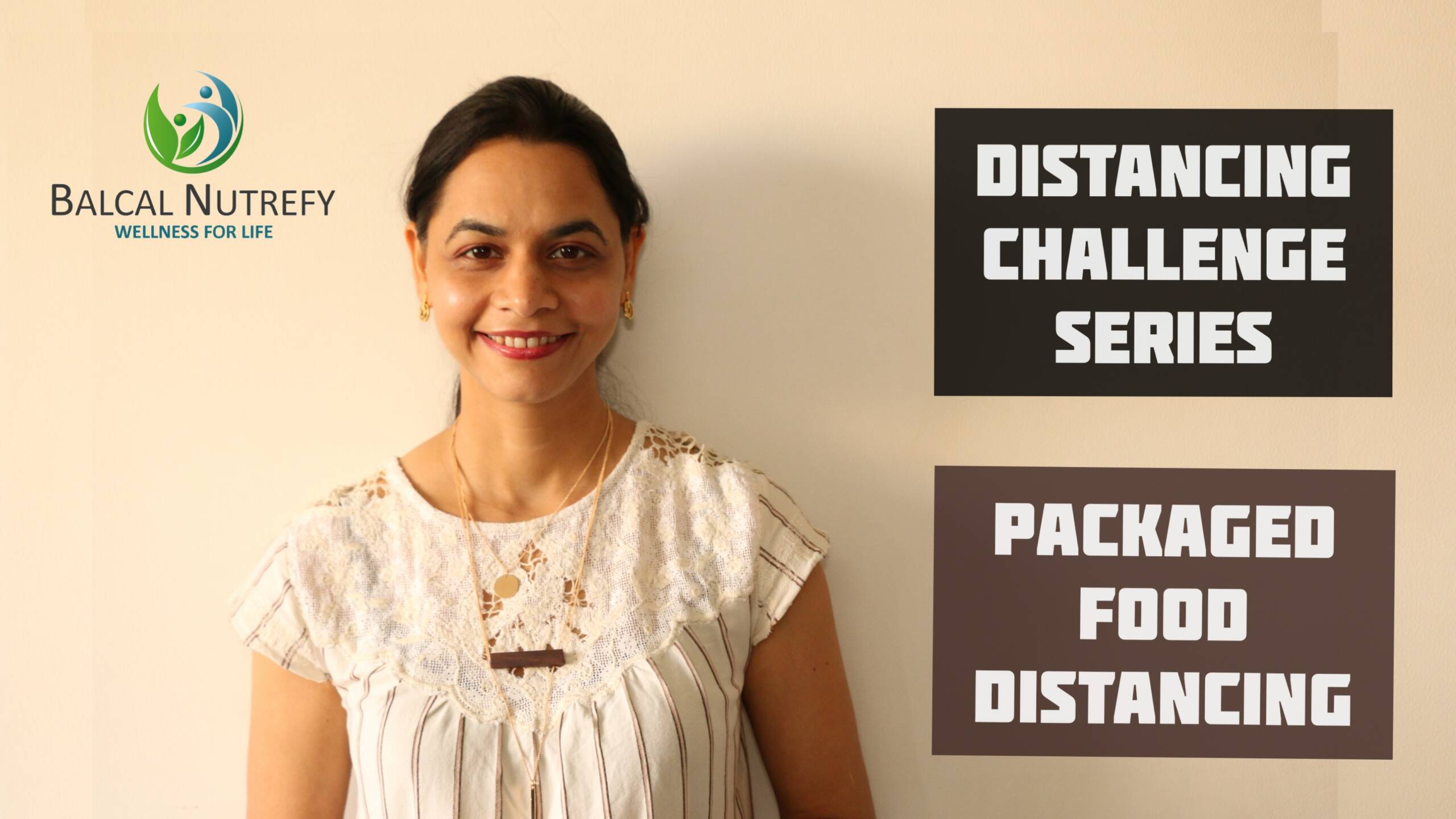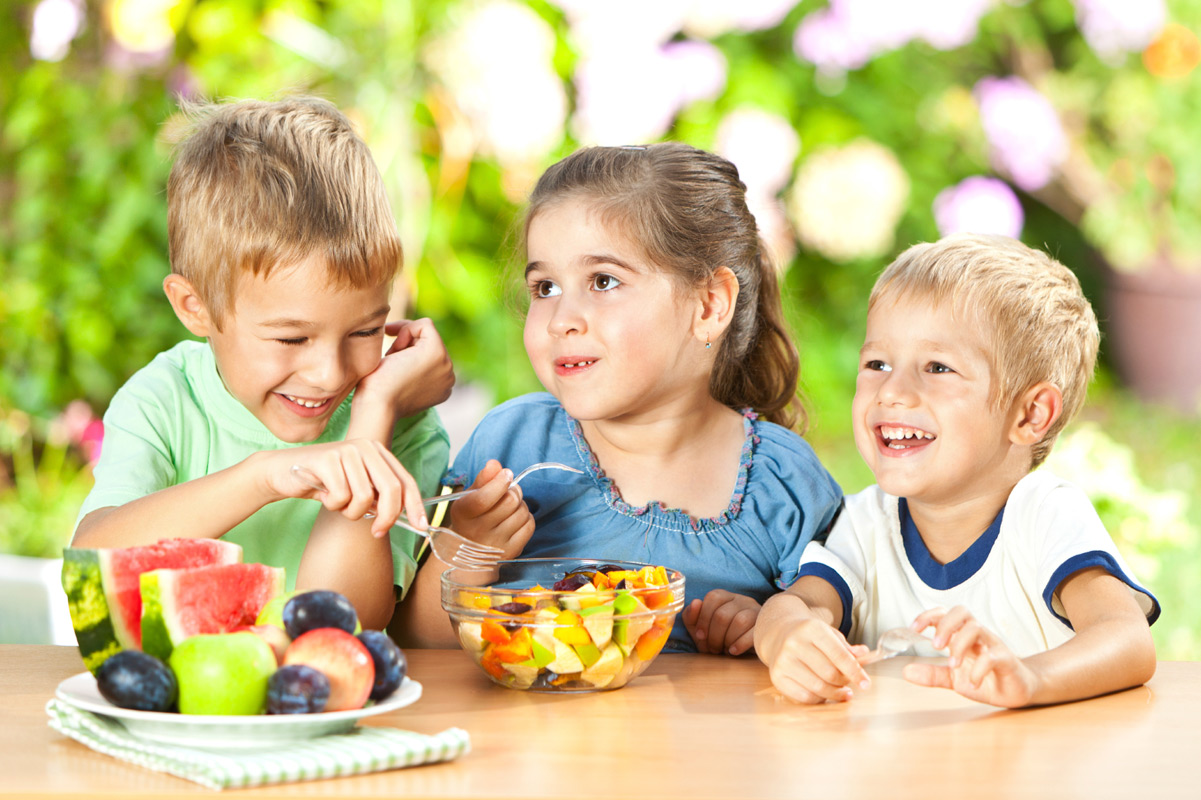Healthy Childhood is a starting point for Healthy Adulthood. Do you know that India is home to the 2nd highest number of obese children in the world, 14.4 Mn to be precise as per a latest study. On the other hand, the World Bank estimates that India is one of the highest-ranking countries in the world for children suffering from malnutrition.
We as a country seem to be faring poorly on all the health parameters for children and the key reason for this being the general confusion around the so called “healthy foods” for kids. There seems to be little awareness about feeding our children nutritious food which will provide them all the nutrients that they need.
Being a mother myself, I understand that making the right food choices for your little one is not easy. The challenges include advice from the elders in the family, suggestions from friends on “right food” for kids, endless information on the internet and most importantly the like and dislikes of your child.
As a nutritionist and a mother, I would like to put forth some of most important guidelines to ensure that your child eats healthy & nutritious food:
1. The Importance of Breakfast:
This one tops the list since it comes across as the biggest gap. The body needs to refuel itself for the long day ahead which makes the role of breakfast that much more critical. Most kids are seen to skip their breakfast. The reasons can be lack of time for the parents or lack of awareness or just plain inertia/lethargy. The habit of eating breakfast needs to be inculcated very early in life. It ideally has to be a combination of carbohydrates and proteins. Some of the ideal choices can be Egg Omelette with roti, Idli Sambar, Paneer Paratha.
2. Veggies:
Introduce your children to veggies very early in life. It can be in the form of soups, parathas, steamed veggies as finger food. Believe me, the earlier you introduce veggies the better the acceptability. There is no point saying “my child hates veggies” later on. It’s not the child’s mistake.
3. Fruits:
Include atleast 2 fruits per day in your child’s everyday intake as they would provide the necessary vitamins and minerals required for growth. Go for seasonal fruits; add different coloured fruits like pomegranates for red, mangoes for yellow, guava for green and the list can be endless.
4. Proteins:
My personal experience in the field suggest that the typical Indian diet is low on protein content. Protein being the building blocks of the body, ensure that your child gets plenty of them. Do remember to include a protein-rich food item like chicken, fish or eggs in both the meals for non-vegetarian and curd, dal, pulses, paneer or kadhi for vegetarians.
5. Packaged Foods:
Packaged food seems to have become synonymous with snacks when it comes to children. Children today are eating chips, cookies, chocolates, namkeen, ice cream more than ever before. These products have a long shelf life and hence contain high amounts of preservatives, stabilising agents, additives and colours. The next time you cut open any packet of snack, remind yourself, you are not doing the best thing for your child.
6. Audio Visual aids:
Feeding your child while he/she is watching TV or videos may seem to be the easiest way to go about it, but is one of the most damaging habit and the trend is only increasing by the day. It is important for the brain to understand what one is eating – the taste, the texture and the colour of the food. This activates the satiety centre and helps proper digestion. As a parent, it is our responsibility to help them understand this and take time out to enable our child understand the importance of food.
Last but not the least, be the role model that you want your child to be; children look up to you. So, give them the best you can.
Happy Feeding!! Happy Parenting!!
You can also check some Healthy Weight Loss Recipes


Follow us on… Instagram Facebook Website





